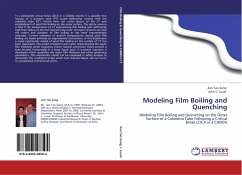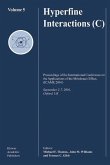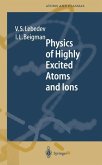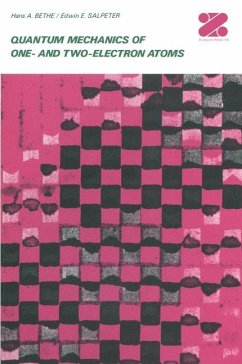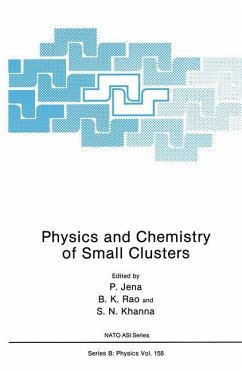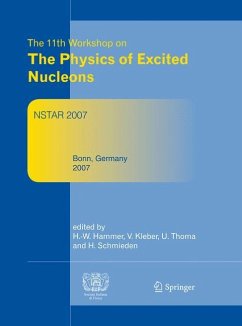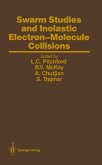In a postulated critical break LOCA in a CANDU reactor it is possible that heatup of a pressure tube (PT) causes ballooning contact with the calandria tube (CT). Stored heat can cause dryout of the CT and establishment of pool film boiling on the outer surface. The safety concern is that if the temperature of CT experiencing film boiling gets sufficiently high then failure of the fuel channel may occur. However, quench can limit the extent and duration of film boiling as has been experimentally observed. Current estimates of quench temperatures during pool film boiling are based primarily on experimental correlations. In this dissertation a novel mechanistic model of pool film boiling on the outside of CT has been developed. The model is based in part upon characterizing the vapor film thickness under buoyancy driven natural convection flows around a tube located horizontally in a large liquid pool. A transient equation is developed which quantifies the vapor film thickness and other governing parameters. This mechanistic model can be employed in safety analysis to demarcate the conditions under which fuel channel failure will not occur in a postulated critical break LOCA.
